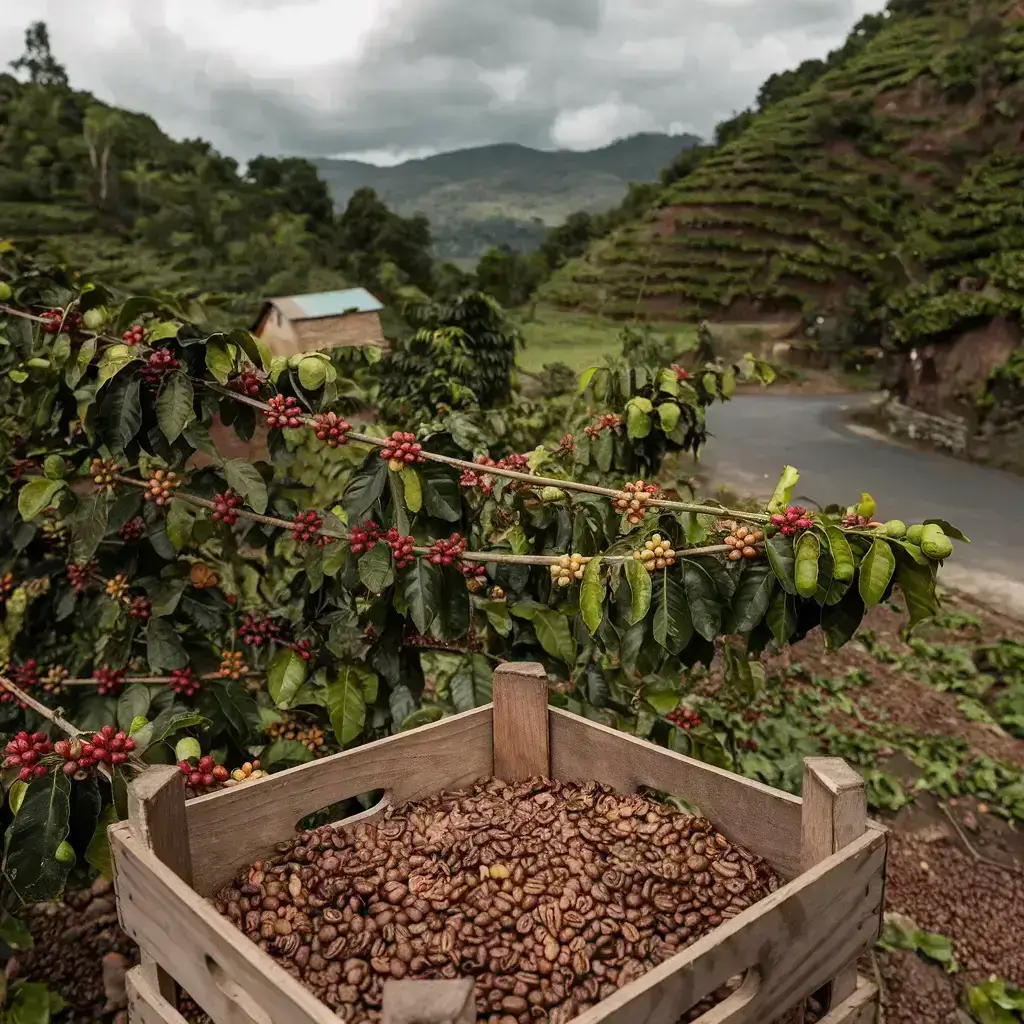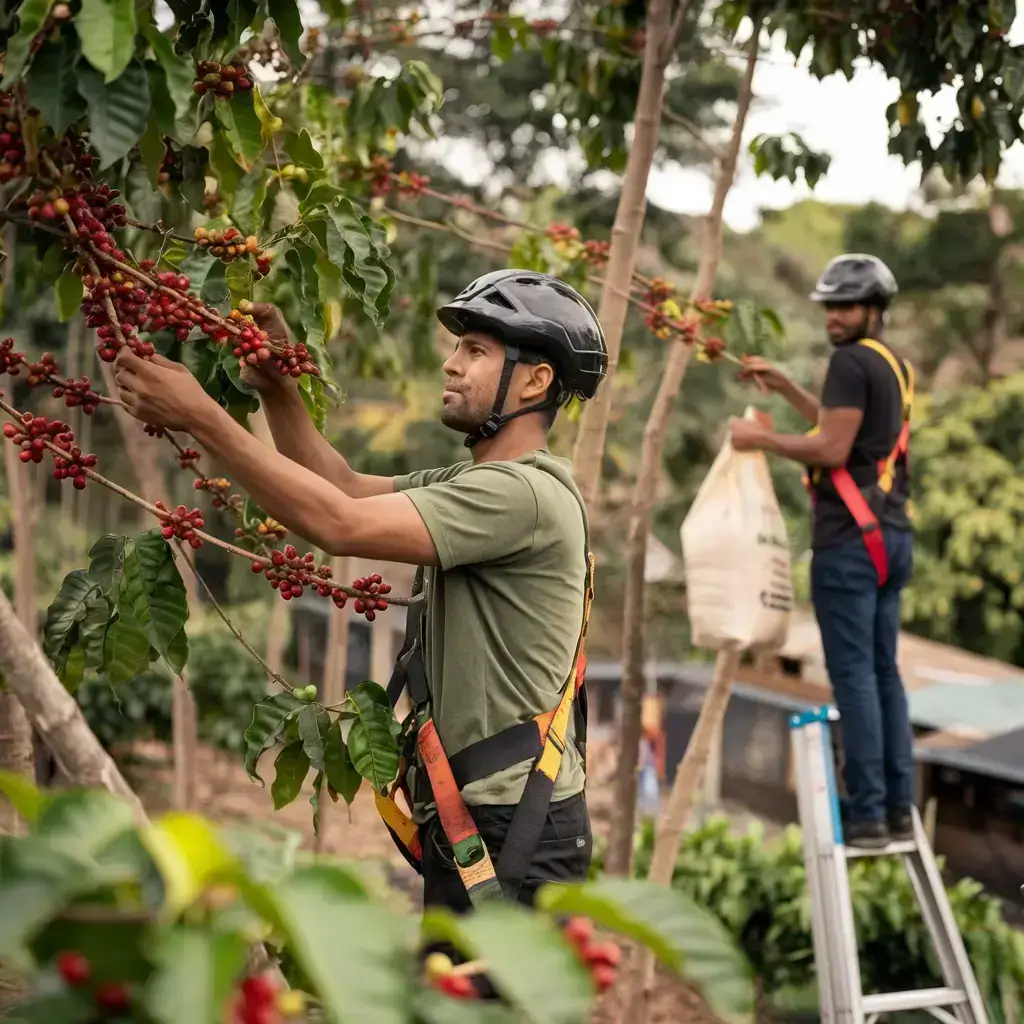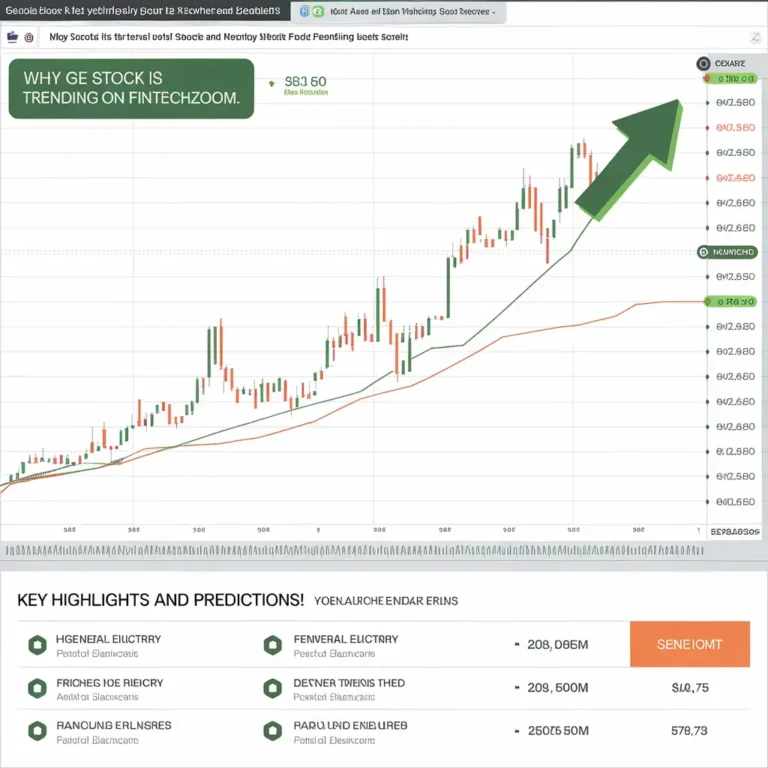Mastering Agile Project Management for Coffee Trade in Honduras: A Global Perspective
Introduction: The Rise of Agile Project Management in Coffee Trade
Agile project management has become a powerful tool in industries like the global coffee trade. Originally developed for software, Agile’s flexible approach is now vital for managing the complexities of international trade, especially in countries like Honduras, where coffee is a major economic sector.
What is Agile Project Management?
Agile project management focuses on adaptability, teamwork, and continuous feedback. Unlike traditional methods that follow a fixed path, Agile uses short, iterative sprint cycles. This approach allows quick adjustments, essential in the unpredictable coffee trade environment.
Why Agile is Key for Honduras’s Coffee Trade
In Honduras, coffee is both an economic driver and a cultural asset. The Honduran coffee industry faces challenges like fluctuating market prices, unpredictable weather, and changing consumer tastes. Agile methodologies help exporters navigate these issues effectively, maintaining competitiveness on the global stage.
Understanding Agile Project Management Principles
Core Principles of Agile
Key principles of Agile project management include:
- Customer Collaboration: Daily follow-up of customers to ensure that they receive value.
- Iterative Development: Short cycles to deliver improvements step-by-step.
- Flexibility: Quick adaptation to changes.
- Empowered Teams: Teams are self-organizing and collaborative.
For example, a coffee cooperative in Honduras adopted Agile to manage fluctuating demand and market shifts. The submission of work in two-week sprints enabled them to change quickly, which improved their profitability.
Agile vs. Traditional Project Management
Traditional methods like the Waterfall model are linear and rigid, slow to adapt to changes. Agile methodologies are flexible and evolving, ideal for the dynamic coffee trade. An Agile coffee exporter can swiftly adjust strategies in response to market shifts, minimizing risks and capitalizing on opportunities.
Also Read: Board Utility Consultant Mottershead: Leading the Consulting World
The Coffee Trade Landscape in Honduras

Overview of the Industry
Honduras is the largest coffee producer in Central America and fifth globally. Coffee is a key export and economic driver, but the industry faces significant challenges, including climate change, market volatility, and infrastructure gaps in rural areas. These issues make a responsive approach like Agile crucial for staying competitive.
Challenges in the Honduran Coffee Trade
Key challenges include:
- Climate Vulnerability: Sensitivity to weather extremes.
- Market Volatility: Fluctuating global prices affecting profitability.
- Infrastructure Issues: Poor infrastructure leads to delays and higher costs.
These challenges highlight the need for a flexible management approach, such as Agile.
Applying Agile to Coffee Trade Operations
Steps to Implement Agile
To implement Agile methodologies in the coffee trade:
- Evaluate Processes: Identify workflows that benefit from Agile.
- Form Cross-Functional Teams: Encourage collaboration across departments.
- Use Agile Tools: Employ tools like Scrum boards and Kanban to manage workflows.
- Set Iterative Cycles (Sprints): Break tasks into short cycles for continuous feedback.
- Review Regularly: Assess and improve continuously.
Benefits of Agile
Adopting Agile improves efficiency and productivity. Short cycles help identify and fix bottlenecks quickly, speeding up production and reducing waste. Customer collaboration ensures the product meets market needs, boosting satisfaction and sales.
Case Studies: Agile Success in Honduran Coffee Trade
Case Study 1: Agile Success in a Small Cooperative
A small coffee cooperative faced fluctuating demand and unpredictable weather. By adopting Agile and using a Scrum framework, they adapted quickly to market changes, reducing waste and boosting profit margins by 20%.
Case Study 2: Exporter’s Efficiency with Kanban
A mid-sized exporter used the Kanban method to streamline supply chain management. This improved workflow visualization, reduced bottlenecks, and led to a 30% increase in on-time deliveries and a 15% cost reduction.
Key Agile Tools for Coffee Trade Management
Essential Agile Tools
Effective tools for the coffee trade include:
- Scrum: Manages complex projects with dynamic needs through collaboration and feedback.
- Kanban: Visual tool to manage workflow, and reduce bottlenecks.
- Lean: Focuses on minimizing waste, and maximizing value.
Practical Application
For instance, a coffee exporter might use a Kanban board to track shipment progress or Scrum sprints for seasonal harvests, ensuring smooth operations.
Overcoming Challenges in Agile Adoption
Common Obstacles
Adopting Agile in coffee trade has challenges, such as:3, Adopting Agile in coffee trade has challenges, such as:
- Resistance to Change: Difficulty shifting from traditional methods.
- Lack of Expertise: Lack of awareness or exposure to most Agile-related practices.
- Cultural Barriers: Resistance to collaborative approaches.
Strategies to Overcome Challenges
To overcome these, exporters should:
- Invest in Training: Build expertise in Agile practices.
- Start with Pilot Projects: Demonstrate benefits on a small scale.
- Foster Collaboration: Encourage open communication and teamwork.
Agile and Sustainable Coffee Production

Promoting Sustainability with Agile
Agile methodologies enhance sustainability by enabling quick responses to environmental changes and reducing waste. For example, adjusting harvest schedules based on weather forecasts ensures sustainable yields.
Aligning with ESG Goals
Agile aligns with Environmental and Social Governance (ESG) goals by encouraging continuous improvement and innovation, leading to sustainable practices and improved social impacts.
Global Perspectives on Agile Practices
Learning from Other Countries
Countries like Colombia and Ethiopia have successfully implemented Agile methodologies in their coffee operations. Honduras can learn from these experiences to refine its approach, such as using data analytics for better decision-making and competitiveness.
Conclusion: The Future of Agile in Coffee Trade
Emerging Trends
Future trends in Agile project management for coffee trade include:
- Increased Technology Use: Digital tools will enhance management.
- Focus on Sustainability: Agile will promote more sustainable practices.
- Wider Adoption: Wider application of that respective technology throughout the distribution chain.
FAQS
1. What is Agile project management?
Agile is a versatile approach to the process that incorporates the integration of several short development cycles.
2. Why use Agile in Honduras’s coffee trade?
Agile helps exporters adapt to market changes, improve efficiency, and reduce risks.
3. How does Agile differ from traditional management?
Agile is adaptable and evolves continuously, unlike traditional, rigid methods.
4. What Agile tools are used in the coffee trade?
Tools like Scrum and Kanban help manage workflows and reduce waste.
5. How does Agile promote sustainability?
Agile practices enable quick adjustments to environmental changes, supporting sustainable farming.
Final Thoughts
Embracing Agile project management significantly benefits the Honduran coffee industry—from increased efficiency and reduced risk to enhanced sustainability. By adopting Agile, coffee exporters in Honduras can thrive in a competitive global market.







